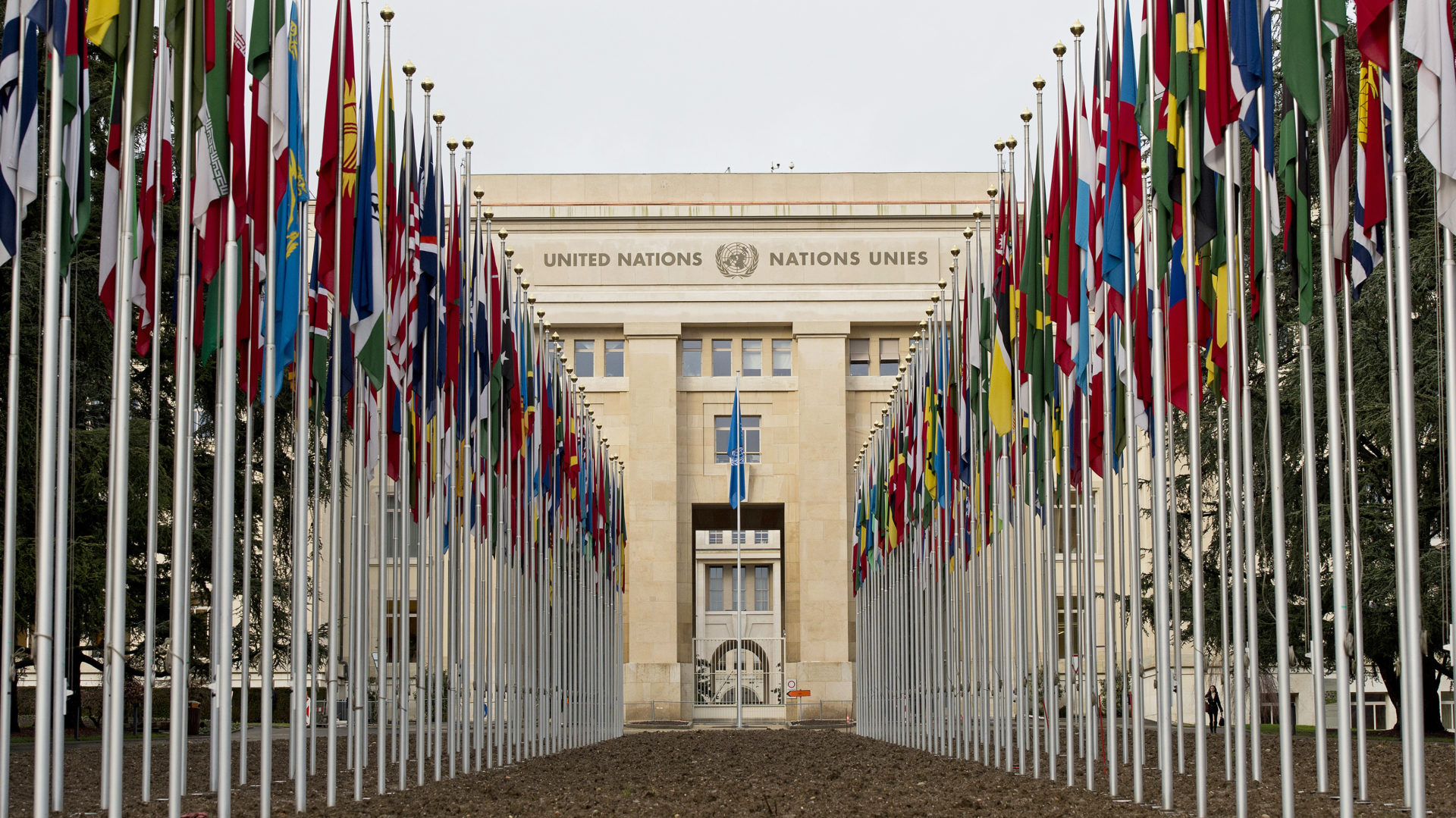Listen to this statement, as delivered by HRHF at the Council:
Human Rights House Foundation warmly welcomes the Special Rapporteur on association and assembly’s appointment to the mandate, thanks him for his report, and looks forward to positive engagement with him in the future.
We continue to face negative trends since the Council’s previous engagement with this mandate.
States continue advocating for values inconsistent with the rule of law and democratic principles, including attempting to place their domestic norms and legislation above international law and standards, hence undermining universal human rights as a principle.
Developments in Hungary are of particular concern in this regard, as we documented in our report Resisting Ill Democracies in Europe. The most recent legislative proposals, dubbed “Stop Soros” by the government, threatens using criminal law sanctions and prison terms against individuals, including human rights defenders who provide assistance, including legal representation, to asylum seekers in Hungary.
The proposals challenge the very essence of the right to receive information about the law and the respect for due process, the right to seek asylum, as well as the ability of NGOs as well as individuals to provide, with entirely lawful means, assistance to foreigners seeking asylum. By threatening individuals who provide crucial assistance to vulnerable people, the government is, in fact, silencing dissent and disregarding European and international norms.
States promote an “authorisation based system,” as analysed by the United Nations Special Rapporteur on the human rights in Belarus, with regulations that ban the use of public space, the participation in the public debate and the possibility to organise and associate, without prior authorisation. We call upon the Special Rapporteur to engage with the Belarusian government alongside the Special Rapporteur on Belarus to support legislative amendments to abolish article 193.1 of the Criminal Code of the Republic of Belarus and to ensure that no other liabilities are introduced in regard to freedom of association and peaceful assembly as part of this process;
The limitation of access to foreign funding for human rights defenders is one of the key ways by which States retaliate against human rights defenders and their organisations, including through “foreign agents” legislation inspired from the Russian Federation. Though the States establishing such limitations justify them by the need for transparency and accountability of NGOs – governments in fact want control over NGO activities in the country. We call upon the Special Rapporteur to pay a particular attention to developments in Russia in the aftermath of the recent presidential election and the context of the current football World Cup being held in Russia.
In addition to legal limitations, such States also give impulse to less critical NGOs, including by using State funds. These States weaken the essential work of independent NGOs, while legitimising the work of NGOs organised by governments and supportive of the governments’ policies, GONGOs. Political leaders like ministers and parliamentarians establish their own civil society organisations, which they run sometimes parallel to having their political leadership roles in society. Over time GONGOs are favoured legally, financially and operationally at home. They are also sent to international fora to spread their views. In many countries in which we work, authorities aim at replacing independent civil society with groups indebted to those in power.
This combination of repression against critical NGOs on the one hand and favouritism toward “compliant” NGOs on the other has led to suspicion, discouragement, and fragmentation within civil society in several countries. Such developments are seen in many States, including democracies and European Union member States.
We look forward to engaging with the Special Rapporteur to take a robust approach in addressing these issues, and encourage him, amongst other initiatives, to engage in regular regional, thematic and strategic consultations, so as to remain apprised of the latest developments, and to encourage deeper thinking on the range of issues connected to mandate’s human rights focus.
We urge all States to provide its full support to the Special Rapporteur in fulfilling his responsibilities while holding the mandate, especially by granting invitations to the Special Rapporteur.
Finally, we note with interest proposals for draft resolutions at this session on civil society space, and the right to peaceful protest, and urge the Council to work toward adopting strong human rights standards on these important issues.
Thank you.





